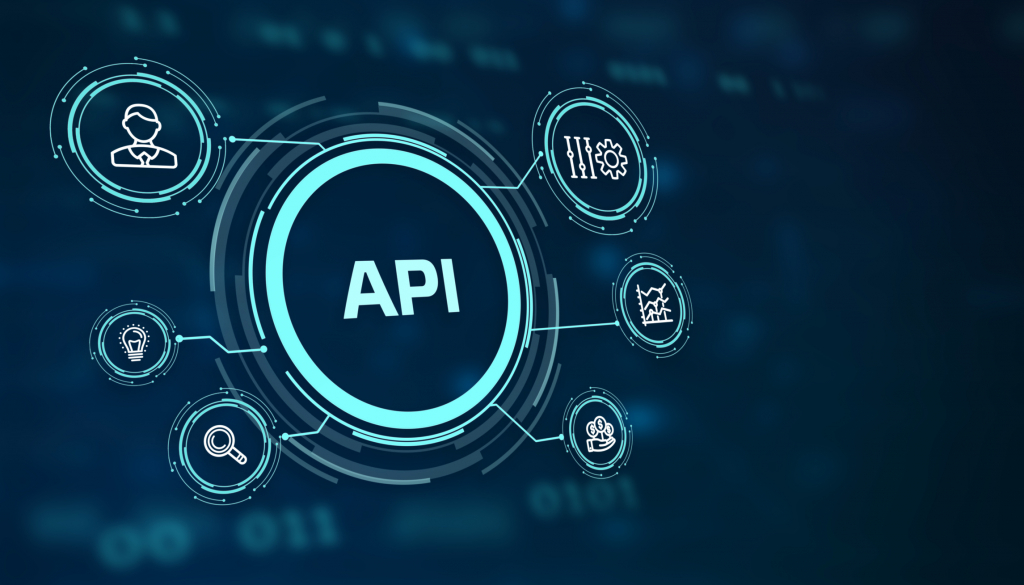What is an API-enabled EHR?

Access to health information has been shown to increase a patient’s engagement in their own care. Providers who have access to patient data input by multiple physicians, labs, and other providers are better able to care for their patients in timely and appropriate ways. The access that is made possible through an API-enabled EHR benefits all concerned in today’s healthcare environment.
What is an API-enabled EHR and how does it offer these benefits? The electronic health record (EHR) holds all the information relevant to the patient visit, medical history, diagnoses, and treatment plans. Application programming interfaces (APIs) enable EHRs to communicate with each other, enhancing their interoperability capabilities.
An API-enabled EHR has the ability to send or retrieve data, updating an individual patient’s record and providing real-time information that is critical for the quality care of that patient. The API-enabled EHR can also communicate seamlessly with third party payers, giving the healthcare practice virtually automatic determinations on the patient’s coverage for medication or procedures.
Interoperability is becoming increasingly more important in today’s healthcare environment, particularly with the rules enacted by the 21st Century Cures Act. Published in 2020, the Cures Act Final Rule was designed to enhance patient access to their own health information through the adoption of standards-based API.
For patients, API-enabled EHRs enable easy access via apps on smartphones, tablets, and desktop computers so they can view their person data. This access tends to encourage patient engagement, resulting in improved patient outcomes. The API provisions of the Cures Act Final Rule will go into effect on December 21, 2022.
Elation Health’s open API delivers a straightforward and reliable developer experience. Scalability means that you have access to robust, easy to use, open APIs that enable you to integrate with your apps or third-parties to build innovative workflows and solutions for your business. In addition, thorough documentation lets you start building quickly. Elation offers you no surprises as you build, easy to update if requirements change, and no worries once your solution is developed so you can build and move on.
The digitization of health information and the need for different systems to seamlessly communicate that information are partially behind the adoption of the Cures Act Final Rule. The rule requires open APIs, encouraging secure access to patient data by providers as well as the patients themselves. The rule also set standards for transparency, allowable fees, and appropriate business practices around API-enabled EHRs. The Office of the National Coordinator for Health Information Technology (ONC) established API certification criteria for EHRs designed to enable access to health information for clinical and patient-facing uses, as well as for research.
The API-enabled EHR gives providers the ability to access and use applications and data in their EHRs in more innovative ways. The API makes it much easier for the physician and other healthcare providers caring for a patient to share pertinent information, including allowing providers to review active medication lists and checking a patient’s recent lab results.
Independent physicians also use apps to expand their EHR capabilities, which gives them the support tools they need for improved patient care. The greater access for providers and their teams to the health data through API-enabled EHRs also contributes to informing that clinical and biomedical research which has the potential to benefit patients well into the future.
